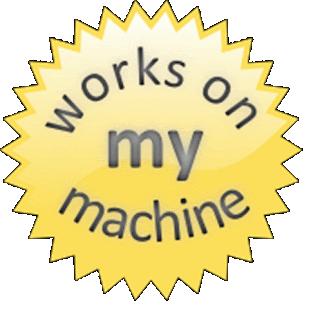If you create a new version of your program and want to be able to update existing installations either with a full install package or with a patch package, you must follow some rules. Breaking these rules will cause strange effects like previously installed features appearing as advertised after the update, or files not getting updated features not getting installed etc. If you are not following them, you can expect your MSP to lead you no where :)
Some rules small and minor updates :
- Follow the rules for changing or keeping the ProductCode, ProductVersion and UpgradeCode, depending of the type of update you are creating.
- Always change the package code.
- Do not move componentes to other features.
- Do not move sub features. You can add new features and sub features.
- You can add components to existing features. If you want to add a new feature you can synchronize the installation state of a new child feature with its parent feature by setting its Remote Installation property to "Favor Parent" and its Required property to yes.
- Do not change component codes.
- Do not change the name of the key file of a component.
- You can modify the contents of a component (add, remove or modify files, registry keys and shortcuts), but only if that component is not shared across features.
- If you remove a file or registry key from a component, you must populate the RemoveFile or RemoveRegistry table respectively to delete the orphaned resource.
- Do not change the name of the .msi file.
Ref: Stefan Krueger@http://www.installsite.org/pages/en/msi/updates.htm
